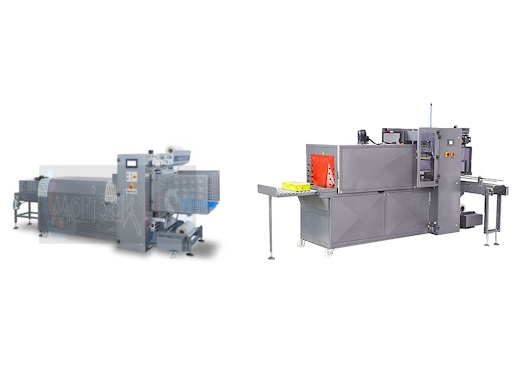Provision supply is the cornerstone of maritime logistics, providing vessels with the necessary food, beverages, and essential goods that enable crews to operate efficiently, stay healthy, and maintain high morale during long voyages. For industries relying on maritime transport, especially in the global shipping and oil sectors, provision supply ensures ships are well-stocked and prepared to face the challenging conditions at sea. In this blog, we’ll explore the key aspects of provisions supply, its importance, and how reliable suppliers meet this critical service’s complex demands.
What is Provisions Supply?
Provisions supply involves sourcing, storing, and delivering essential goods to ships docked at ports or harbors. These goods range from fresh produce, frozen foods, canned goods, dairy products, beverages, and household supplies like cleaning products and toiletries. In addition to food items, provision supply can extend to medical supplies, personal protective equipment, and even entertainment items, ensuring crew welfare and operational efficiency on the vessel.
Why is Provisions Supply Important?
-
Crew Welfare
Crewmembers work long hours in often challenging conditions, and a well-balanced diet is essential to maintaining their health and energy. Proper provisioning allows crews to access quality food and essential goods to stay strong and resilient. -
Operational Continuity
Efficient provision supply services ensure that vessels don’t have to delay departures due to inadequate supplies. A well-stocked ship can avoid unnecessary stops, reducing operational costs and saving valuable time. -
Adaptation to Global Standards
Ships operate internationally, and provision suppliers must adhere to food safety and hygiene standards set by international maritime organizations. Reliable suppliers understand these requirements and provide items that meet high safety standards, ensuring consistent quality no matter where the ship is.
Key Challenges in Provision Supply
Provisioning a ship isn’t as simple as restocking a grocery store. It requires careful planning, knowledge of global logistics, and familiarity with specific maritime regulations. Here are some of the main challenges:
-
Perishability and Storage
Fresh produce and dairy products are time-sensitive and need proper refrigeration. Suppliers must ensure that items are stored and delivered under strict temperature controls to maintain freshness, especially for long journeys. -
Customized Supply Needs
Different vessels and crews have specific requirements based on cultural preferences, dietary needs, and mission duration. Provision suppliers must be flexible, accommodating special requests and ensuring crews receive meals and supplies suited to their preferences. -
Delivery Timing and Port Coordination
Ports are high-paced environments, and ship schedules can be unpredictable. Provision suppliers need to coordinate with port authorities, shipping agents, and the crew to ensure on-time delivery, even during tight schedules or unexpected delays. -
Compliance with Health and Safety Standards
Provision suppliers adhere to strict health regulations, including HACCP (Hazard Analysis and Critical Control Point) standards for food safety. Compliance is essential to prevent foodborne illnesses and ensure high-quality food supply.
The Role of Technology in Provision Supply
Technology is revolutionizing provision supply, making it easier for suppliers to anticipate and meet the needs of vessels. With digital inventory systems and real-time monitoring, suppliers can track stock levels, manage delivery schedules, and respond to urgent requests quickly. Furthermore, some provision suppliers use advanced refrigeration systems to extend the freshness of perishables, while mobile apps allow crews to place orders directly from sea, streamlining communication and making the entire process more efficient.
Selecting a Reliable Provision Supplier
When selecting a provision supplier, ship owners and operators should consider:
-
Experience and Reputation
Long-standing suppliers with a good reputation in the maritime industry are likely to have established systems and relationships, ensuring reliable service. -
Range of Products
A good supplier offers a diverse selection, catering to dietary preferences and cultural tastes, while maintaining quality. -
Flexibility and Responsiveness
Shipping schedules can change, and reliable provision suppliers must adapt quickly. Responsiveness to sudden changes in requirements is a critical factor in smooth operation. -
Quality Assurance
Suppliers who follow international standards, such as ISO 22000 for food safety, provide a level of confidence in the quality and safety of the provisions.
Conclusion
Provision supply is an indispensable part of the shipping industry, ensuring vessels have the food, supplies, and resources needed to keep operations running smoothly. As global trade continues to grow, the demand for reliable and efficient provision supply will only increase. By choosing experienced and responsive suppliers, shipping companies can safeguard crew welfare, enhance operational efficiency, and ultimately contribute to safer, more successful voyages across the world’s oceans.




